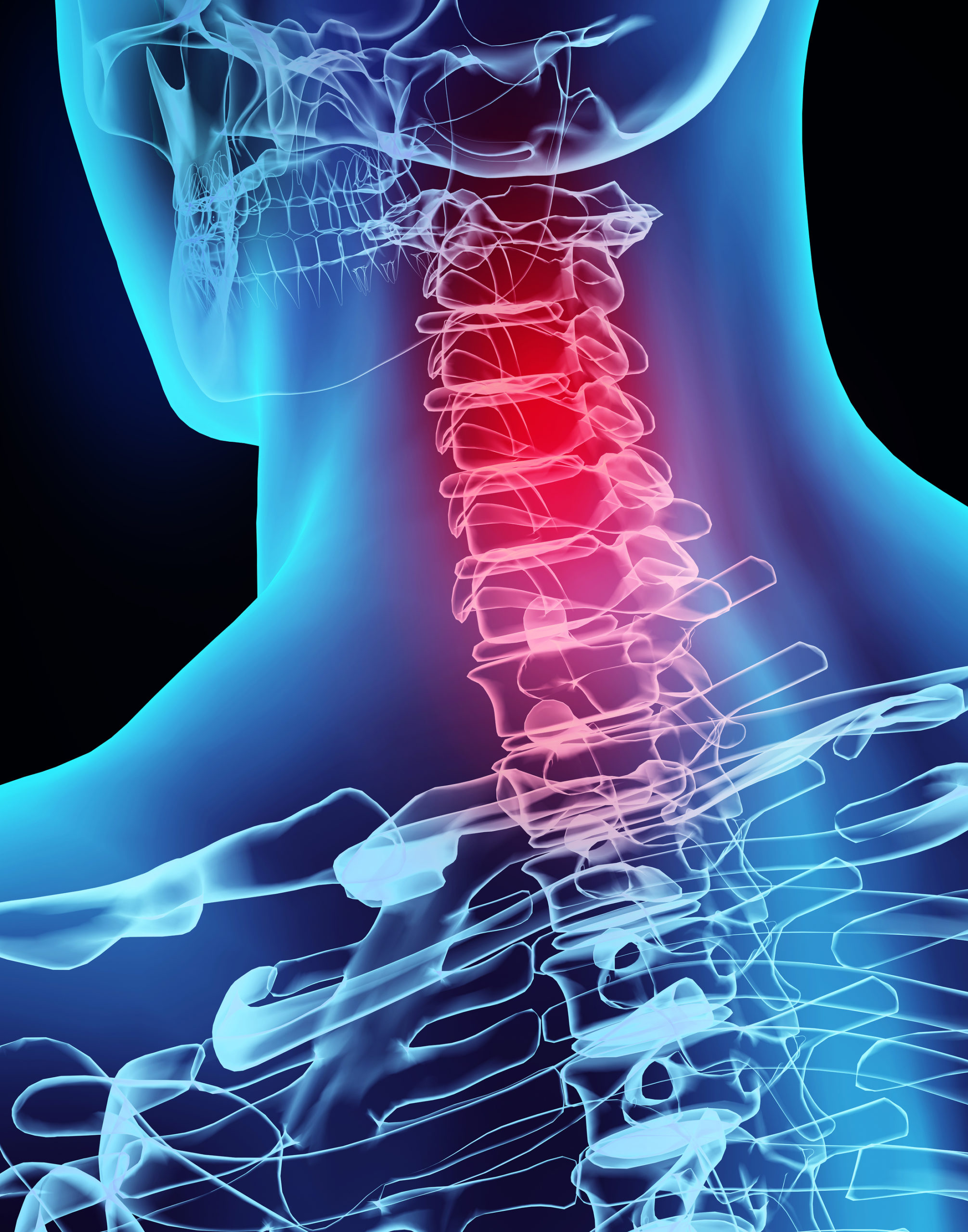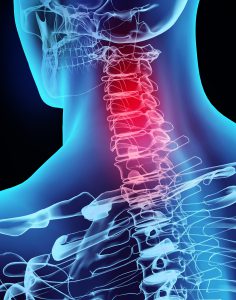
 Whiplash injuries can have long-lasting effects. Just a couple of these include migraines and vertigo. One study that involved 300 patients helped show a link between whiplash injuries and various health conditions. It also revealed benefits from the help of upper cervical chiropractic care.
Whiplash injuries can have long-lasting effects. Just a couple of these include migraines and vertigo. One study that involved 300 patients helped show a link between whiplash injuries and various health conditions. It also revealed benefits from the help of upper cervical chiropractic care.
While the study was conducted on 300 patients suffering from Meniere’s disease (a condition that has vertigo as its primary symptom), the patients all had something else in common. Each participant in the study had suffered whiplash as a result of a car accident or other head trauma.
The whiplash-induced vertigo was rated at an average intensity of 8.5 out of 10 by the 300 participants in the study. After just 6 weeks of upper cervical chiropractic care, that figure had been reduced to 3 out of 10. Within 3 years, vertigo intensity was less than 1 out of 10. These outstanding results show the benefits that can come from upper cervical chiropractic care when lasting effects are the result of whiplash.
As a result, the researchers recommend that vertigo patients who suffered trauma to the head or neck seek out the care of an upper cervical chiropractor.
Of course, you don’t have to wait 10 or 15 years for vertigo, migraines, and other symptoms to develop. If you have experienced a whiplash-type injury, you should get your neck examined by an upper cervical chiropractor right away to assess any misalignments and get them corrected before they lead to long-term health problems.
Some shy away from chiropractic after an injury. After all, no one wants his neck popped or twisted just after an accident. However, NUCCA is very different from general chiropractic. Low force adjustments cause no additional trauma to the neck. Gentle corrections hold in place longer and give the body time to heal.
To find a NUCCA doctor in your area go to NUCCA Directory.
References:
Burcon, Michael T. “Health Outcomes Following Cervical Specific Protocol in 300 Patients with Meniere’s Followed Over Six Years” Accessed online: 19 June 2016.